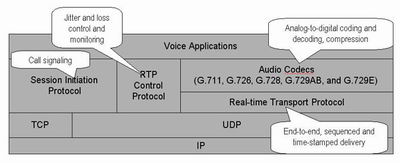gnome-cpufreq-applet: mostra la velocitat de la cpu al barra d’aplicacions
Reading time: 2 – 2 minutes
cpu-freq-appletÉs
un petit applet que tot just va per la versió 0.2.1, però que
és molt útil per saber a quina velocitat funciona el nostre
processador quan la velocitat esta controlada per programes de control
dinàmic de CPU (cpufreq, cpudyn, etc). L’aspecte de l’applet és
el següent:

El ebuild per la gentoo no existeix però és molt senzill de
fer, aquí teniu el contingut del meu ebuild:
# Copyright 1999-2004 Gentoo Foundation
# Distributed under the terms of the GNU General Public License v2
# $Header: /var/cvsroot/gentoo-x86/gnome-extra/quick-lounge-applet/quick-lounge-applet-2.1.1.ebuild,v 1.2 2004/06/24 22:10:25 agriffis Exp $
inherit gnome2
DESCRIPTION="CPU speed monitor"
HOMEPAGE="http://www.advogato.org/proj/CPUFreq/"
LICENSE="GPL-2"
IUSE=""
SLOT="0"
KEYWORDS="~x86 ~ppc"
RDEPEND=">=dev-libs/glib-2.1
>=x11-libs/gtk+-2.1.1
>=gnome-base/libgnome-2.1.1
>=gnome-base/libgnomeui-2.1.1
>=gnome-base/gnome-desktop-2.1
>=gnome-base/gnome-vfs-2
>=gnome-base/libglade-2
>=gnome-base/gnome-panel-2"
DEPEND="${RDEPEND}
dev-util/pkgconfig
>=dev-util/intltool-0.29"
DOCS="AUTHORS ChangeLog INSTALL NEWS README"
jo l’he posat a:
/usr/portage/gnome-extra/gnome-cpufreq-applet
després de crear el gnome-cpufreq-applet-0.2.1.ebuild, com ja sabeu
heu de fer un: ebuild gnome-cpufreq-applet-0.2.1.ebuild digest jo m’he
baixat el .tar.gz i l’he posat a /usr/portage/distfiles, però com que el
que busca l’ebuild no és un .tar.gz l’he convertit a .tar.bz2
així no he hagut de posar ni una línia de codi. Esperem que en el
futur el portage inclogui ebuilds per aquesta aplicació.



